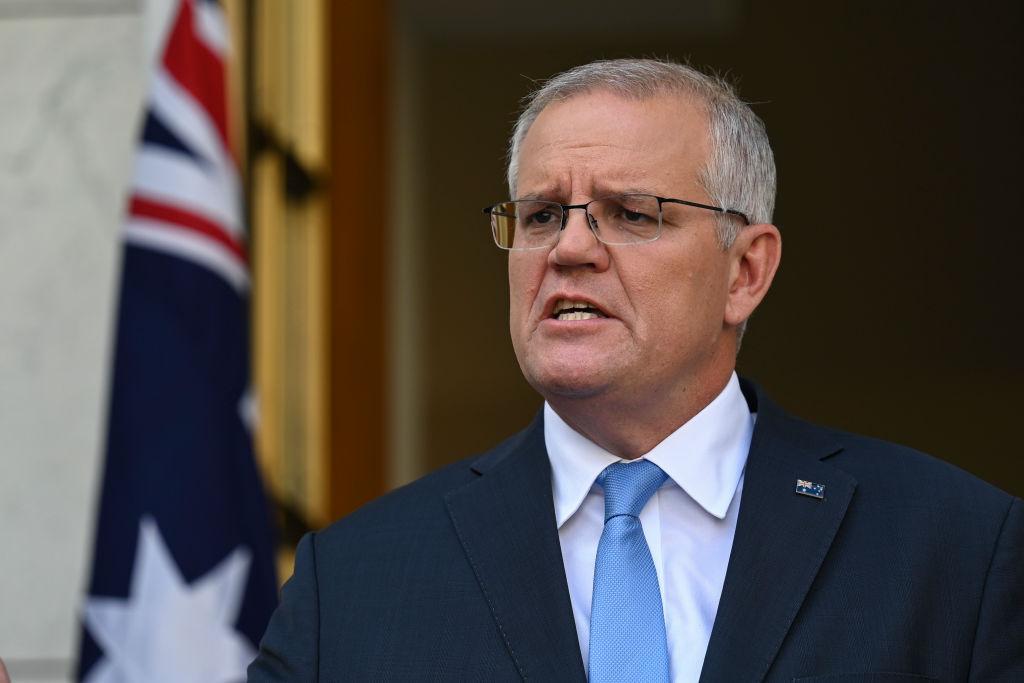Commentary
The Australian Prime Minister Scott Morrison delayed calling the election because the Liberal Party engaged in a preselection stoush, which impeded efforts to nominate candidates in 12 seats in the state of New South Wales (NSW). As a member of a three-person committee, the prime minister exercised a “captain’s pick” and preselected candidates in those seats.





